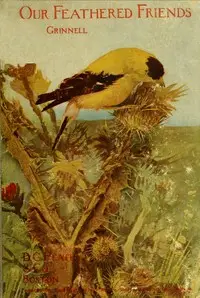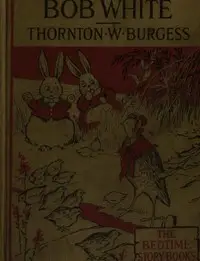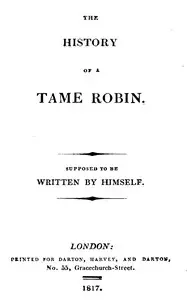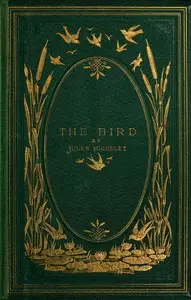"Bob: The Story of Our Mocking-bird" by Sidney Lanier is a tender narrative from the late 1800s, exploring the deep connection between people and the natural world, as seen through the life of a pet mockingbird named Bob. The book combines personal stories with observations of nature, displaying both the bird's life and Lanier's poetic way of seeing the world and his detailed study of bird habits. The story centers around the themes of friendship and the happiness of caring for an animal, while also considering ideas about freedom and being held captive. Bob is saved as a young bird and grows into a loved part of the Lanier family. The story follows Bob’s growth from a weak baby bird to a spirited bird with his own way of showing his feelings and character. The writer points out Bob's talent and emotional range, shown in his songs and how he gets along with other birds and family members. Lanier likens Bob to heroes from stories, such as Sir Philip Sidney and Don Quixote, linking the bird's bravery to the admirable qualities of people. Bob’s life as a pet brings about serious thoughts about freedom, imagination, and the struggles that artists face. In the end, the book honors the relationship between the Laniers and their admired mockingbird, and it raises important questions about the worth of art and friendship.

Bob: The Story of Our Mocking-bird
By Sidney Lanier
Rescued from the wild, a charming pet bird's artistic abilities and emotional depth cause a family to challenge views on freedom, creativity, and companionship.
Summary
About the AuthorSidney Clopton Lanier was an American musician, poet and author. He served in the Confederate States Army as a private, worked on a blockade-running ship for which he was imprisoned, taught, worked at a hotel where he gave musical performances, was a church organist, and worked as a lawyer. As a poet he sometimes used dialects. Many of his poems are written in heightened, but often archaic, American English. He became a flautist and sold poems to publications. He eventually became a professor of literature at Johns Hopkins University in Baltimore, and is known for his adaptation of musical meter to poetry. Many schools, other structures and two lakes are named for him, and he became hailed in the South as the "poet of the Confederacy". A 1972 US postage stamp honored him as an "American poet".
Sidney Clopton Lanier was an American musician, poet and author. He served in the Confederate States Army as a private, worked on a blockade-running ship for which he was imprisoned, taught, worked at a hotel where he gave musical performances, was a church organist, and worked as a lawyer. As a poet he sometimes used dialects. Many of his poems are written in heightened, but often archaic, American English. He became a flautist and sold poems to publications. He eventually became a professor of literature at Johns Hopkins University in Baltimore, and is known for his adaptation of musical meter to poetry. Many schools, other structures and two lakes are named for him, and he became hailed in the South as the "poet of the Confederacy". A 1972 US postage stamp honored him as an "American poet".



















